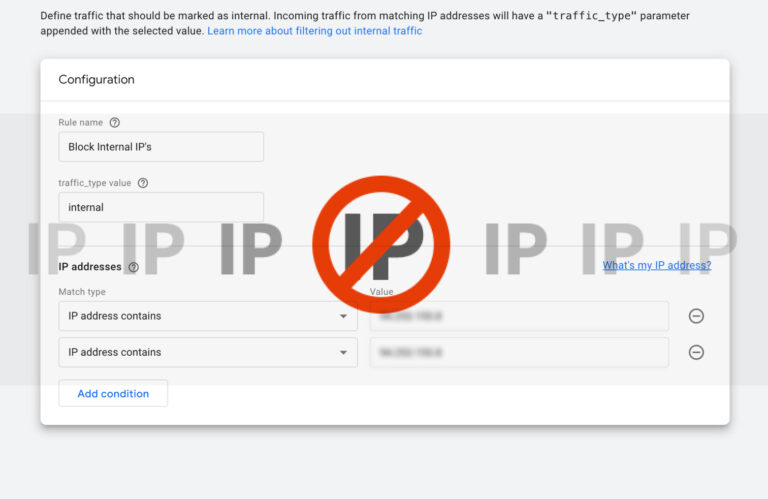Remote work has transitioned from a temporary solution to a mainstay in the professional landscape, particularly for marketing teams. The shift to remote work presents both opportunities and challenges, requiring teams to adopt new strategies for collaboration, creativity, and productivity. Effective remote work strategies can empower marketing teams to thrive in this environment, fostering innovation and driving results from anywhere in the world. This article outlines practical strategies for marketing teams looking to maximise their remote work potential.
Establish Clear Communication Channels
Effective communication is the backbone of successful remote work. Marketing teams should establish clear, reliable channels for daily communication, project updates, and brainstorming sessions.
- Select the Right Tools: Choose communication tools like Slack, Microsoft Teams, or Zoom that best fit your team’s needs for daily updates, project discussions, and video calls.
- Set Communication Guidelines: Establish guidelines for how and when to use each communication channel. For example, instant messaging for quick questions and video calls for more in-depth discussions.
- Schedule Regular Check-ins: Organize daily or weekly check-ins and team meetings to ensure everyone is informed, aligned on goals, and has a platform for sharing ideas and feedback.
- Create a Centralized Information Hub: Use platforms like Confluence or a shared Google Drive to keep all necessary documentation, project updates, and resources in one place for easy access.
Leverage Collaboration Tools
The right tools can make all the difference in remote work. Marketing teams need robust platforms for project management, document sharing, and creative collaboration. These tools facilitate seamless collaboration across different locations and time zones, ensuring that projects move forward efficiently and creatively.
- Implement Project Management Software: Utilize platforms like Asana, Trello, or Monday.com to track project progress, assign tasks, and set deadlines.
- Use Document Sharing and Collaboration Platforms: Adopt tools like Google Drive or Dropbox for sharing documents and Figma or Miro for creative collaborations, ensuring that everyone can contribute and edit in real-time.
- Integrate Tools for Efficiency: Connect your tools using integrations or APIs to streamline workflows and reduce the need to switch between platforms.
Foster a Culture of Trust and Accountability
Remote work thrives on trust and accountability. Leaders should focus on outcomes rather than monitoring every moment of the workday. Setting clear expectations, deliverables, and deadlines helps team members understand their responsibilities and how their work contributes to the team’s overall success. Encouraging autonomy and providing support when needed can boost morale and productivity.
- Focus on Outcomes: Set clear goals and expectations rather than micromanaging, allowing team members to manage their time effectively.
- Promote Autonomy While Providing Support: Encourage team members to take ownership of their tasks while being available to offer guidance and support as needed.
- Implement Regular Feedback Loops: Create a structure for ongoing feedback and check-ins to discuss progress, challenges, and accomplishments.
Encourage Flexibility and Work-Life Balance

One of the benefits of remote work is the flexibility it offers, but this can also blur the lines between work and personal life. Marketing teams should encourage a healthy work-life balance by respecting boundaries, allowing flexible work hours when possible, and recognizing the importance of unplugging.
- Support Flexible Schedules: Allow team members to work hours that suit their productivity peaks and personal commitments, as long as work objectives are met.
- Respect Boundaries: Encourage clear boundaries between work and personal time, including setting expectations for availability and response times.
- Promote Well-being: Offer mental health days, access to wellness resources, and encourage regular breaks to prevent burnout.
Invest in Professional Development
The remote environment should not hinder professional growth. Offering opportunities for skill development can help team members expand their expertise and stay updated with the latest marketing trends and tools. This not only benefits the individual but also enriches the team’s collective skill set.
- Provide Access to Learning Resources: Offer subscriptions to online learning platforms, industry conferences, and webinars to support skill development.
- Encourage Knowledge Sharing: Organize internal training sessions or knowledge exchange workshops where team members can share insights and learn from each other.
- Set Personal Development Goals: Work with team members to identify and pursue professional growth opportunities aligned with their interests and career aspirations.
Create Opportunities for Virtual Team Building
Building a strong team culture remotely requires creativity. Virtual team-building activities, such as online workshops, happy hours, or game sessions, can foster camaraderie and help team members feel connected beyond work-related tasks. Celebrating milestones, sharing personal achievements, and recognizing each other’s contributions can also strengthen team bonds.
- Organize Virtual Social Events: Plan regular online gatherings, like virtual happy hours or game nights, to build camaraderie.
- Celebrate Milestones Virtually: Recognize both work-related achievements and personal milestones to foster a sense of community and support.
- Encourage Casual Interactions: Create spaces (like dedicated Slack channels) for non-work-related conversations and sharing personal interests.
Embrace Global Talent and Diversity
Remote work opens up opportunities to tap into a global talent pool. Marketing teams can benefit from diverse perspectives, skills, and experiences that come with a geographically dispersed team. Embracing cultural diversity and inclusivity can enhance creativity, innovation, and understanding of different markets.
- Hire from a Global Pool: Leverage remote work to recruit talented individuals from around the world, enriching your team with diverse perspectives.
- Cultivate an Inclusive Environment: Foster a culture that values and respects differences, encouraging team members to share their backgrounds and viewpoints.
- Adapt to Time Zone Differences: Schedule meetings and deadlines considerately to accommodate team members in various time zones, ensuring inclusivity and collaboration.
As remote work continues to shape the future of work, marketing teams that adopt effective remote work strategies can navigate the challenges and capitalise on the opportunities it presents. By prioritising communication, leveraging technology, fostering a supportive culture, and embracing flexibility and diversity, marketing teams can thrive in a remote environment. These strategies not only enhance productivity and creativity but also contribute to the well-being and professional growth of team members, driving long-term success in the dynamic world of digital marketing.



